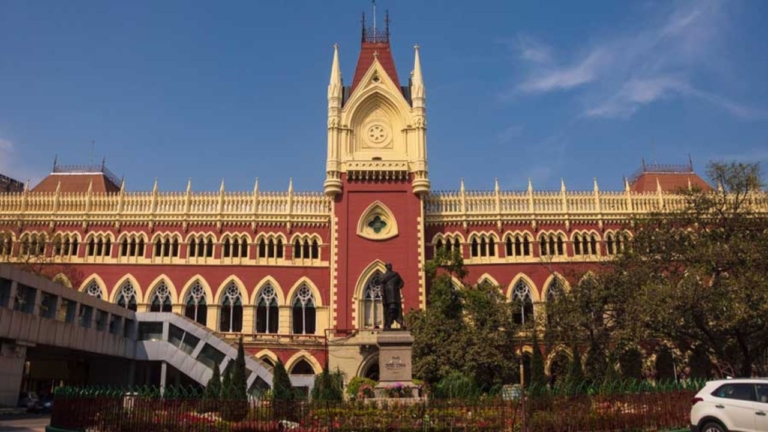The Hon’ble Calcutta High Court, in its judgement of Orissa Metaliks Pvt. Ltd. v. SBW Electro-Mechanics Import Export Corporation relying on the judgement of the Hon’ble Supreme Court in Bharat Aluminium Company (BALCO) v. Kaiser Aluminium Technical Service Inc held that the venue would be the seat of arbitration when the agreement between the parties contains no significant contrary indicia.
What are the Venue and Seat of Arbitral Proceedings under the Arbitration Act?
In India, Arbitration disputes are governed by the Arbitration & Conciliation Act, 1996 & Arbitration & Conciliation (Amendment) Act, 2015 of India. Section 20 of the Arbitration & Conciliation Act, 1996 merely defines the “place of arbitration” which is being used interchangeably with the terms “seat” and “venue”. Through various precedents, it has been constructed that the venue/place is only the geographical location where the arbitration proceedings will be physically conducted, whereas the seat will be the decisive factor of curial law applicable to the proceedings.
What is conferred about Venue and Seat by the Calcutta High Court after relying on the Supreme Court Judgement?
The Calcutta High Court has observed that whenever there is a designation of a place of arbitration in an arbitration clause as being the ‘venue’ of the arbitration proceeding, the expression ‘arbitration proceeding’ makes it clear that the venue is really the seat of the arbitral proceeding. It has been held that the venue would be the seat of arbitration when the agreement between the parties contains no significant contrary indicia. Thus, according to the court, the arbitral proceedings ‘shall be held’ at a particular venue which would indicate that the parties intended to anchor the arbitral proceeding to a particular place, signifying thereby that the place was the seat of the arbitral proceedings.


